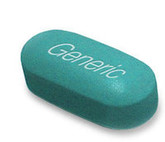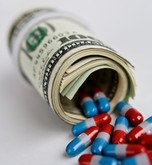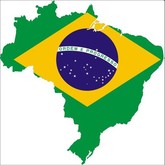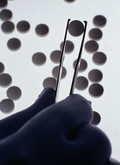Generics
Pharmacists prefer generic OTC medicines
In the US, the use of generics has been lacking due to hesitation from consumers over whether generics are as safe and effective as brand-name medications. Pharmacists, on the other hand, have the education and training to know that generics are both safe and effective.
China cuts prices for three drugs by more than 50%
In an effort to lower spending on prescription drugs, China has cut the prices for three patent-protected drugs by more than 50%.
Dr Reddy’s to buy US generics from Teva
Generics giant Dr Reddy’s Laboratories (Dr Reddy’s) announced on 11 June 2016 that it had made a deal with Teva Pharmaceutical Industries (Teva) and an affiliate of Allergan to acquire a portfolio of eight abbreviated new drug applications (ANDAs) in the US.
Switching between generics of anti-epileptic drugs
Two different generic versions of anti-epilepsy medicine lamotrigine have been shown to be bioequivalent in patients with epilepsy and to not cause any differences in seizure frequency or adverse events, according to a study published in the February 2016 online edition of The Lancet Neurology.
Dr Reddy’s buys six OTC brands from Ducere Pharma
Generics giant Dr Reddy’s Laboratories (Dr Reddy’s) has entered the US branded consumer health products market by acquiring six over-the-counter (OTC) brands from US-based Ducere Pharma.
Cost-effectiveness analysis and incentivizing innovation
In the paper by Santiago Moreno and Joshua Ray, the controversial role that conventional cost-effectiveness analysis (CEA) plays in incentivizing innovation is revealed [1]. Detractors criticize its use for pricing purposes because it disregards the value of innovation brought by new drugs, while supporters argue that it is already accounted for. The objective of the paper is to identify the limitations of the conventional CEA approach and to propose an alternative that offers a more realistic estimate of the true value of innovation.
GSK appeals UK pay-for-delay fine
GlaxoSmithKline (GSK) is appealing a GBP 37.6 million fine from the UK’s Competition and Markets Authority (CMA) over pay-for-delay allegations.
Perceptions of the value of generics in Brazil
Generics were first approved in Brazil in 1999. Substitution of generics and reference drugs can occur at the time of purchase and upon patients’ request, and, in the public healthcare system, physicians must prescribe drugs by their Brazilian Common Denomination (Denominação Comum Brasileira – DCB). However, despite legislation that supports their prescription, generics still have a small market share, representing only 27.3% of all drug units sold in Brazil in January 2014. A potential reason for the low penetration of generics into the Brazilian market is a negative perception of the value of generics.
Australian generics maker opens clinical trials facility
IDT Australia announced on 2 May 2016 that it had opened a new clinical trials facility in Adelaide.
Perceptions of the substitution of generics
Pharmacists are mostly positive about the substitution of generics for brand-name drugs, according to a study analysing negative perceptions about generics, carried out by researchers from New Zealand and the US [1].













